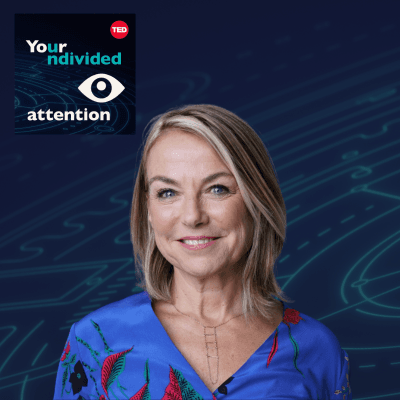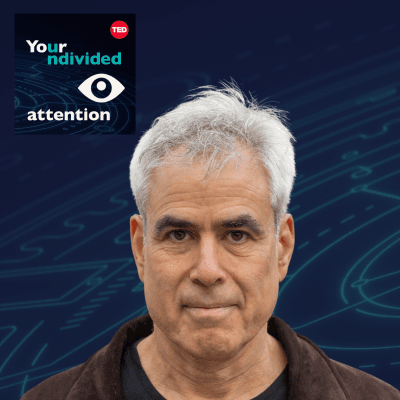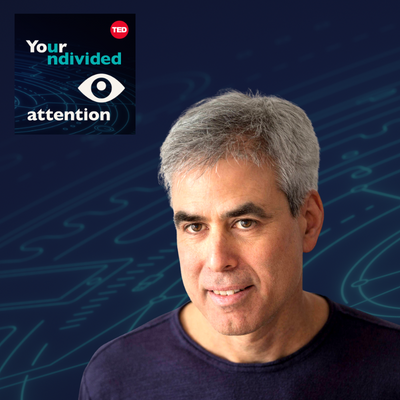Episode 111 | May 30, 2025
People are Lonelier than Ever. Enter AI.
Over the last few decades, our relationships have become increasingly mediated by technology. Texting has become our dominant form of communication. Social media has replaced gathering places. Dating starts with a swipe on an app, not a tap on the shoulder.
And now, AI enters the mix. If the technology of the 2010s was about capturing our attention, AI meets us at a much deeper relational level. It can play the role of therapist, confidant, friend, or lover with remarkable fidelity. Already, therapy and companionship has become the most common AI use case. We're rapidly entering a world where we're not just communicating through our machines, but to them.
How will that change us? And what rules should we set down now to avoid the mistakes of the past?
These were some of the questions that Daniel Barcay explored with MIT sociologist Sherry Turkle and Hinge CEO Justin McLeod at Esther Perel’s Sessions 2025, a conference for clinical therapists. This week, we’re bringing you an edited version of that conversation, originally recorded on April 25th, 2025.
Your Undivided Attentionis produced by the Center for Humane Technology. Follow us on X:@HumaneTech_. You can find complete transcripts, key takeaways, and much more on our Substack.
Other recommended reading
“Alone Together,” “Evocative Objects,” “The Second Self” or any other of Sherry Turkle’s books on how technology mediates our relationships
Key & Peele - Text Message Confusion
Further reading on Hinge’s rollout of AI features
Hinge’s AI principles
“The Anxious Generation” by Jonathan Haidt
“Bowling Alone” by Robert Putnam
The NYT profile on the woman in love with ChatGPT
Further reading on the Sewell Setzer story
Further reading on the ELIZA chatbot
Continue listening

Episode 110
Echo Chambers of One: Companion AI and the Future of Human Connection

Episode 99
What Can We Do About Abusive Chatbots? With Meetali Jain and Camille Carlton

Episode 74
Esther Perel on Artificial Intimacy

Episode 87
Jonathan Haidt On How to Solve the Teen Mental Health Crisis

